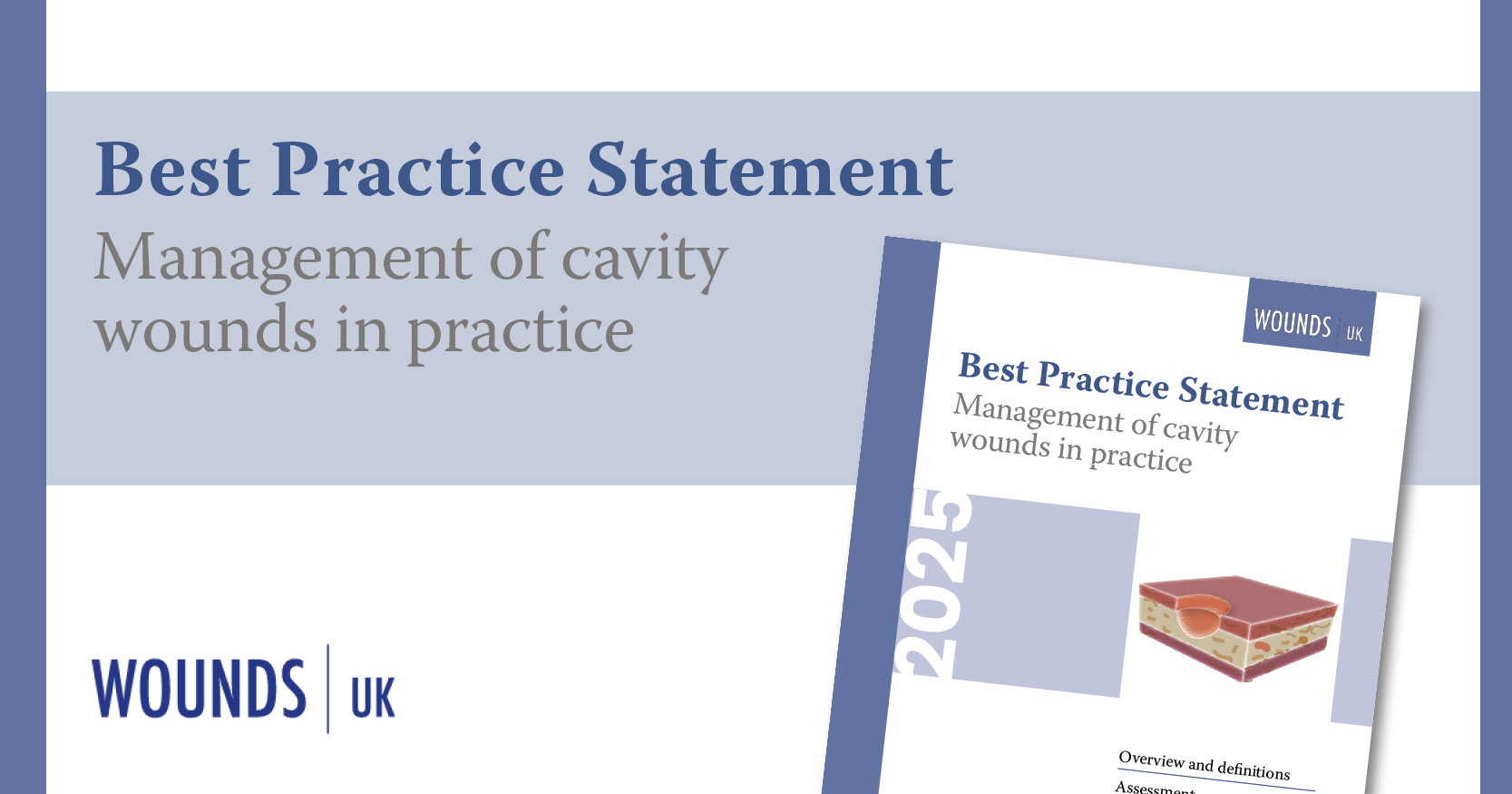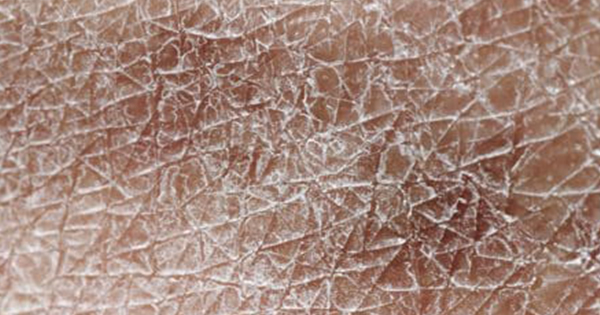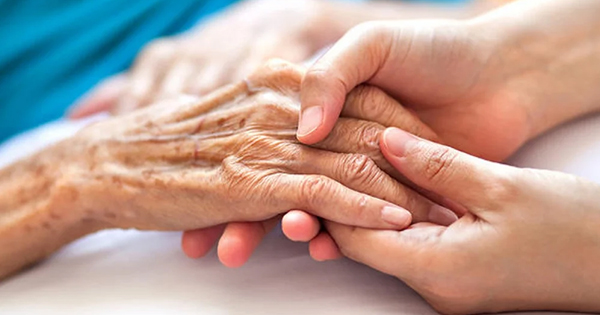Cigarette smoking is a key risk factor for poor wound healing, with a greater risk of infection and scarring. The various tobacco-derived chemicals including nicotine are detrimental to tissue oxygenation and the immune response, affecting leukocytes and fibroblasts, and leading to necrosis, inadequate microbial eradication and poor collagen production; resulting in low-tensile wound strength. This article examines the steps that healthcare practitioners should take when treating and managing individuals with wounds who smoke. Smokers should be identified with biochemical monitoring and then counselled about the detrimental effects of smoking. They should be advised about the use of pharmacotherapy, such as nicotine replacement therapy, and assisted to attend specialist support facilities provided by the NHS and pharmacies.






